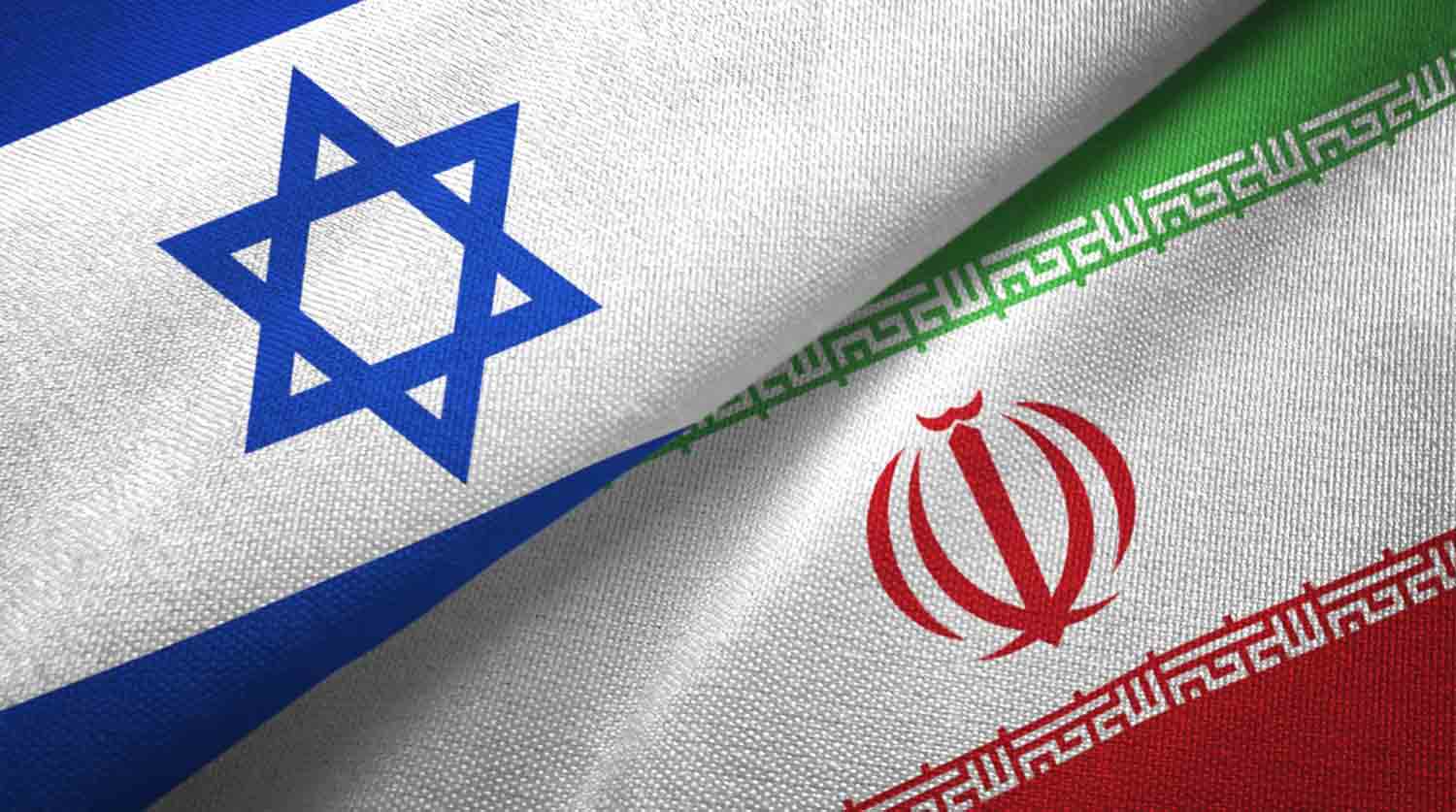Iran and the United States commenced a new phase of nuclear negotiations in Rome on Saturday, aiming to address their long-standing conflict regarding Tehran’s nuclear ambitions, amidst President Donald Trump’s warning of potential military action should diplomatic efforts fail.
Iran‘s Foreign Minister Abbas Araqchi and Trump’s Middle East envoy Steve Witkoff will engage in indirect discussions facilitated by an Omani official who will relay messages between the two parties. This follows a previous round of indirect talks in Muscat, which both sides characterized as productive.
While Araqchi and Witkoff had a brief exchange at the conclusion of the initial round, there have been no direct negotiations between the two nations since 2015, during Barack Obama’s presidency. Ahead of the talks, Araqchi met with his Italian counterpart, emphasizing Iran’s commitment to diplomacy and urging all parties to take advantage of the opportunity to achieve a fair and logical nuclear agreement.
He stated that such an agreement should honor Iran’s legitimate rights and result in the removal of unjust sanctions while addressing any concerns regarding its nuclear activities, as reported by Iranian state media.
In Moscow on Friday, Araqchi expressed optimism about the possibility of reaching an agreement on Iran’s nuclear program with the U.S., provided that Washington adopts a realistic approach. Italian Foreign Minister Antonio Tajani remarked on X, “Rome becomes the capital of peace and dialogue,” encouraging Araqchi to pursue negotiations against nuclear proliferation. He expressed hope that a collaborative effort could yield a positive resolution for the Middle East.
However, Tehran has attempted to temper expectations for a swift agreement, following speculation from some Iranian officials about the imminent lifting of sanctions. Supreme Leader Ayatollah Ali Khamenei indicated this week that he remains “neither overly optimistic nor pessimistic.”
On Friday, Trump expressed to reporters his strong stance: “I am firmly against Iran acquiring a nuclear weapon. They must not possess one. I desire for Iran to thrive and be successful.”
In the meantime, an Israeli official, along with two other sources familiar with the situation, indicated that Israel has not dismissed the possibility of launching an attack on Iran’s nuclear sites in the near future.
During his first term in 2018, Trump abandoned the 2015 nuclear agreement between Iran and six nations and reinstated severe sanctions on Tehran. Since resuming his presidency in January, he has reignited his “maximum pressure” strategy against Iran.
The U.S. is urging Iran to cease its production of highly enriched uranium, which Washington suspects is intended for nuclear weapon development. Iran, which insists that its nuclear program is for peaceful purposes, has expressed a willingness to negotiate certain limitations in exchange for the removal of sanctions, but it demands solid assurances that the U.S. will not backtrack on any agreements.
Since 2019, Iran has exceeded the uranium enrichment limits set by the 2015 agreement, accumulating stockpiles well beyond what the West deems necessary for a civilian energy program.
A senior Iranian official, speaking anonymously, outlined Iran’s non-negotiable positions: it will not agree to dismantle its uranium enrichment centrifuges, cease enrichment entirely, or reduce its enriched uranium reserves below the levels established in the 2015 agreement. Additionally, Iran refuses to engage in discussions regarding its defense capabilities, including its ballistic missile program and the range of its domestically produced missiles.
Russia, a signatory to the 2015 nuclear deal, has offered to “assist, mediate, and play any role” that could facilitate a resolution between Iran and the U.S.
Discover more from Defence Talks | Defense News Hub, Military Updates, Security Insights
Subscribe to get the latest posts sent to your email.





